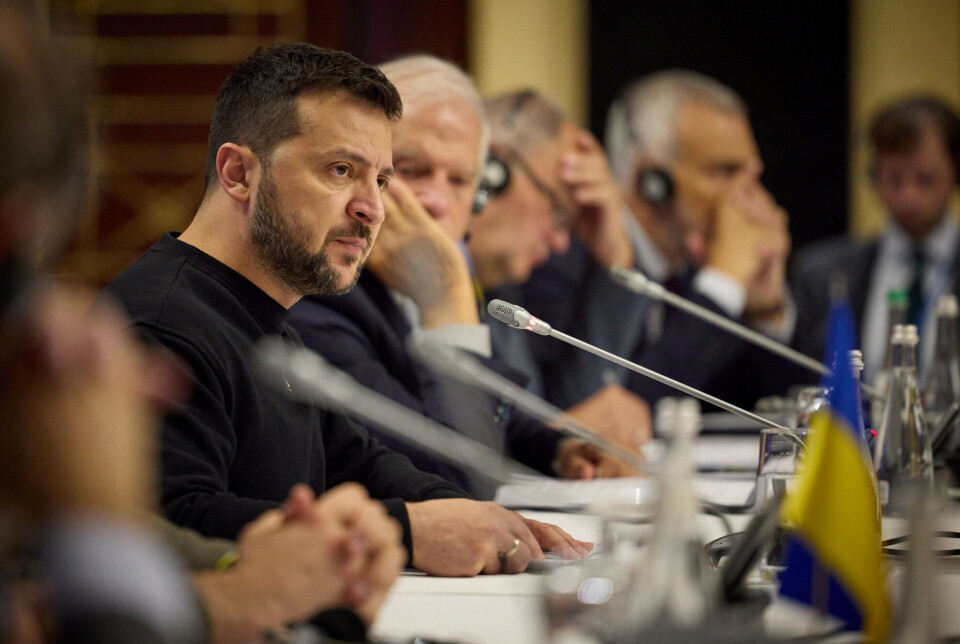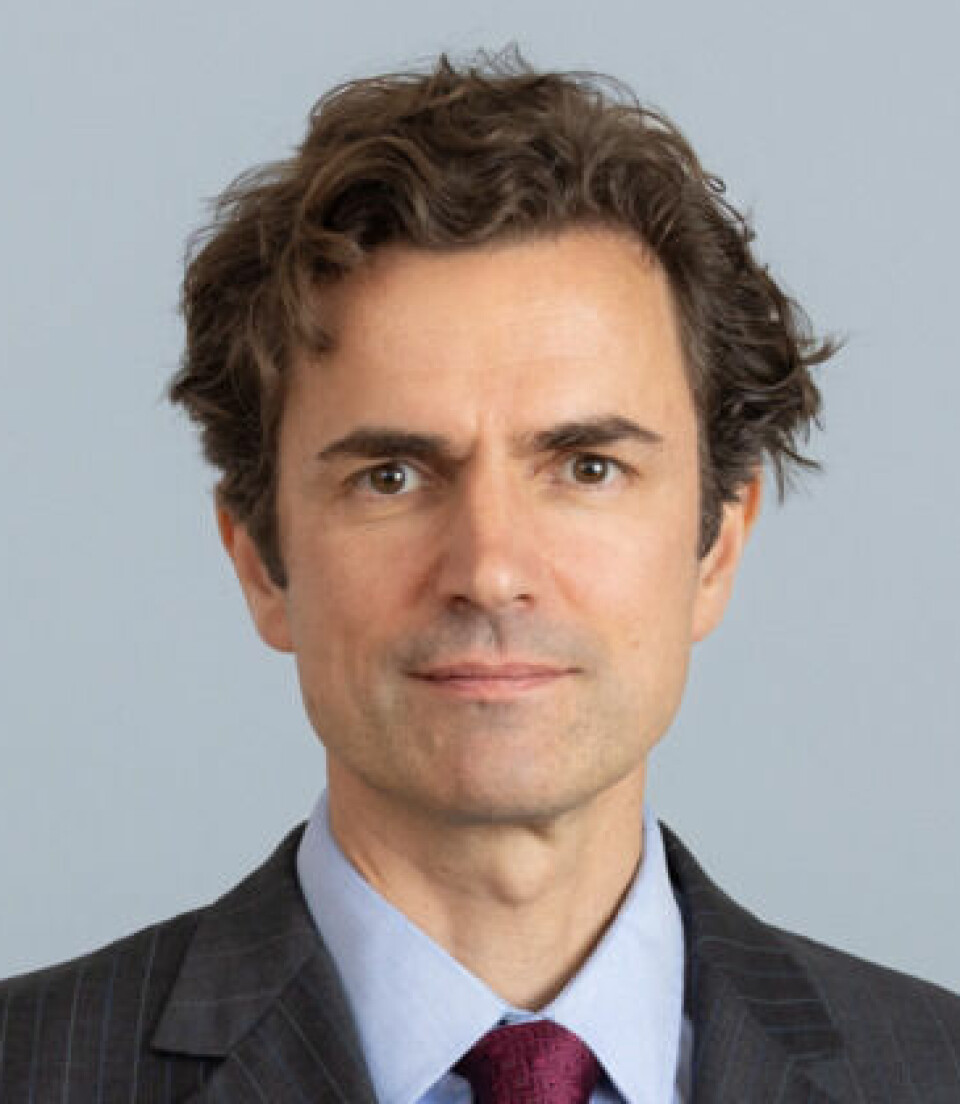
Many Norwegians have changed their views on the EU after the Ukraine war
“We found significant changes in 2022. These changes persist in 2023,” a researcher says.
Russia's invasion of Ukraine in February 2022 sent shockwaves through public opinion in many countries.
A few months later, the Norwegian Citizen Panel at the University of Bergen measured a clear shift in Norwegians' attitudes towards the EU.
New figures from the Norwegian Citizen Panel now show that this change persists.

Persists in 2023
"The change might have been only a temporary reaction after the full-scale invasion began,” Endre Tvinnereim tells sciencenorway.no.
Recently, the public opinion researcher presented new data on Norwegians' views on the EU during a seminar at the Norwegian Institute of International Affairs in Oslo, Norway.
- In 2019, data from the Norwegian Citizen Panel showed that only 26 per cent were in favour of Norwegian EU membership, while 60 per cent were against it.
- In 2022 – a few months after the invasion of Ukraine – 40 per cent were in favour of Norwegian EU membership, while 47 per cent remained negative.
- Now, in 2023, 35 per cent respond positively, and 51 per cent are against Norwegian EU membership.
The oldest and the most educated
Researchers have delved deeper into the numbers and identified 480 people who were negative about Norwegian EU membership in 2019 but have now changed their views and become positive.
Among these individuals, Tvinnereim finds two interesting trends.
“The older people are, the more positive they have become towards the EU since the Ukraine war began. We also see a slight increase among those under 30 years old,” he says.
Why the oldest people in Norway have become the most positive towards the EU is not known to the researchers. Tvinnereim speculates that it may have something to do with memories of World War II, but he emphasises that these are only speculations.
“The other interesting finding is that education plays a significant role in changing views on Norwegian EU membership. People with higher education have become even more supportive of the EU than they were before,” he says.
Most viewed
EU opposition among voters
Otherwise, the divisions in attitudes towards the EU are as they have been for many years.
Most supportive of the EU are people who vote for the Conservative Party, the Liberal Party, and the Green Party.
Most opposed to the EU are people who vote for the Centre Party, the Progress Party, and the Red Party. Supporters of the new Industry and Business Party also stand out as clear EU opponents.
“This is the same as we have seen for a long time,” Tvinnereim tells sciencenorway.no.
The fact that people in Oslo are most in favour of the EU, and people in Northern Norway are most opposed, remains as it was before.
Not interested in foreign policy
Foreign policy is somewhat distant from people’s everyday lives.
During election campaigns in Norway, issues like healthcare policy and the economy tend to be much more interesting to people. Climate and the environment have also become more important.
“Norwegian foreign policy has also been marked by a lot of consensus among political parties,” Tvinnereim says. “At the same time, it’s important for politicians to have some level of support for foreign policy among the population, especially when defense policy begins to incur cost.”
High support for NATO
The researchers in Bergen have also asked Norwegians about NATO in their survey.
“Support for Norwegian NATO membership remains stably high at 95 per cent or more,” Tvinnereim says.
“This has been the case both before and after the invasion of Ukraine in 2022.”
To get closer to people’s opinions, the Norwegian Citizen Panel survey has also asked more specific questions about their views on NATO's military buildup in Eastern Europe.
This question was posed to people both before and after Russia’s invasion of Ukraine in February 2022, and again in 2023.
Changed views on NATO in Eastern Europe
“When we asked people in 2016, only 27 per cent of them were positive about an increased NATO presence in Eastern Europe, despite Russia’s occupation of the Crimean Peninsula and involvement in Donbass,” Tvinnereim says.
However, when researchers asked people the same question after the invasion in 2022, a whopping 62 per cent were positive about NATO's military buildup in Eastern Europe.
Only 17 per cent remained negative. The proportion of respondents answering ‘don’t know’ had dropped from 17 per cent to just 4 per cent.
“We also see that this significant change persists when we ask people the same question again in 2023,” Tvinnereim tells sciencenorway.no.
———
Translated by Alette Bjordal Gjellesvik
Read the Norwegian version of this article on forskning.no





































